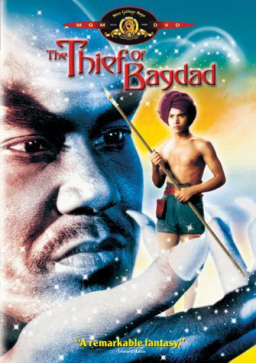Adventure on Film: Navigator: A Medieval Odyssey
Under a fearsome black-and-white moon, a boy, perhaps twelve, enters a fever dream of  orange-fired torches whirling down infinite chasms, of men clambering up a towering church steeple, of skies moving too quickly for thought. The boy’s careworn, grubby face melts into black and white rippling water, and the nightmare — if nightmare it is — comes to a sudden end.
orange-fired torches whirling down infinite chasms, of men clambering up a towering church steeple, of skies moving too quickly for thought. The boy’s careworn, grubby face melts into black and white rippling water, and the nightmare — if nightmare it is — comes to a sudden end.
Welcome to Fourteenth Century Cumbria, a snowy, monochromatic waste, all bare rock and snowdrifts and blackwater lakes. In a hardscrabble mining village, young Griffin, plagued by his apocalyptic visions, waits for his idol, Connor, to return from a visit to the wider world. But even before Connor’s return, all talk is of death, for the Plague is come, marching inexorably closer. The villagers quickly convince themselves that only a holy quest can save them, and on the slimmest of evidence — Griffin’s disjointed prognostications — Connor, Griffin and four other men set off, bound for a mineshaft so deep (it is said) that it leads straight to the other side of the world. Griffin’s band brings a copper cross that they hope to mount to a titanic cathedral as an offering, a Cumbrian plea to stave off death itself.
Griffin finds the mineshaft right enough, together with a mechanical battering ram with which the men bore a hole to the far side of reality. And what do they find once there? Twentieth century New Zealand.


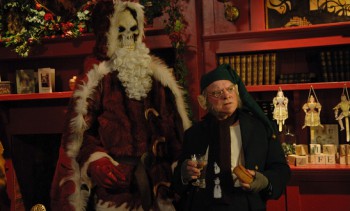
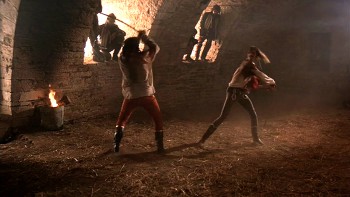 One of the oddest, most esoteric regrets in my life is that I long ago gave away my collection of the now defunct American Film magazine. Most of these, purchased primarily from sidewalk vendors in Manhattan, I do not care to recover; but I would give a great deal to have again the October issue from 1986. It contains a dialogue with film producer David Puttnam, and one small paragraph in that interview taught me more about collaboration than any other single event I know.
One of the oddest, most esoteric regrets in my life is that I long ago gave away my collection of the now defunct American Film magazine. Most of these, purchased primarily from sidewalk vendors in Manhattan, I do not care to recover; but I would give a great deal to have again the October issue from 1986. It contains a dialogue with film producer David Puttnam, and one small paragraph in that interview taught me more about collaboration than any other single event I know.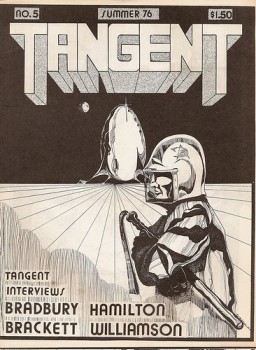
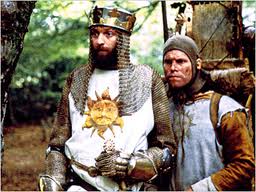 Just as an older generation recalls with perfect clarity where they were when they heard of Kennedy’s assassination, I know precisely where I first saw Monty Python and the Holy Grail (1975): perched on the floral-print sofa in my parent’s house, watching the film on a poor, weather-impacted PBS broadcast. I also remember falling right off that sub-par couch in paroxysms of laughter when the animator saved King Arthur’s band by conveniently suffering a heart attack.
Just as an older generation recalls with perfect clarity where they were when they heard of Kennedy’s assassination, I know precisely where I first saw Monty Python and the Holy Grail (1975): perched on the floral-print sofa in my parent’s house, watching the film on a poor, weather-impacted PBS broadcast. I also remember falling right off that sub-par couch in paroxysms of laughter when the animator saved King Arthur’s band by conveniently suffering a heart attack.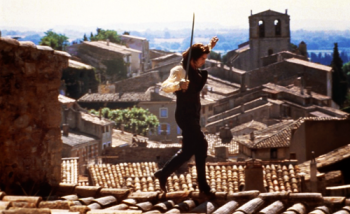 I didn’t know it at the time, but back when I was ten and surfing through horrendous Tarzan movies on rainy Saturday afternoons, The Horseman On the Roof (Le Hussard Sure le Toit, 1995) was the film I was actually hoping to see. Not that I would have understood much of what was going on, but the kinetic energy of it –– the film’s unswerving certainty that these events matter –– would have transported me right out of my seat.
I didn’t know it at the time, but back when I was ten and surfing through horrendous Tarzan movies on rainy Saturday afternoons, The Horseman On the Roof (Le Hussard Sure le Toit, 1995) was the film I was actually hoping to see. Not that I would have understood much of what was going on, but the kinetic energy of it –– the film’s unswerving certainty that these events matter –– would have transported me right out of my seat.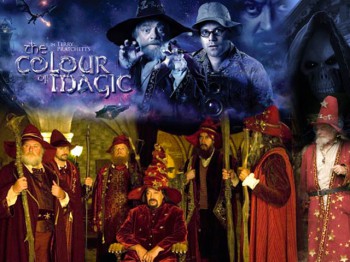 Once upon a very suspect time, a human being by the name of Terry Pratchett conjured up a space-traveling sea turtle by the name of A’tuin, and proceeded to make a sizable fortune from the disc-shaped world he emplaced upon her. In Pratchett’s Discworld novels, magic of the most unpredictable kind is the norm, and so it should come as no surprise that, eventually, somebody had to commit his unique brand of literary lunacy to celluloid.
Once upon a very suspect time, a human being by the name of Terry Pratchett conjured up a space-traveling sea turtle by the name of A’tuin, and proceeded to make a sizable fortune from the disc-shaped world he emplaced upon her. In Pratchett’s Discworld novels, magic of the most unpredictable kind is the norm, and so it should come as no surprise that, eventually, somebody had to commit his unique brand of literary lunacy to celluloid.